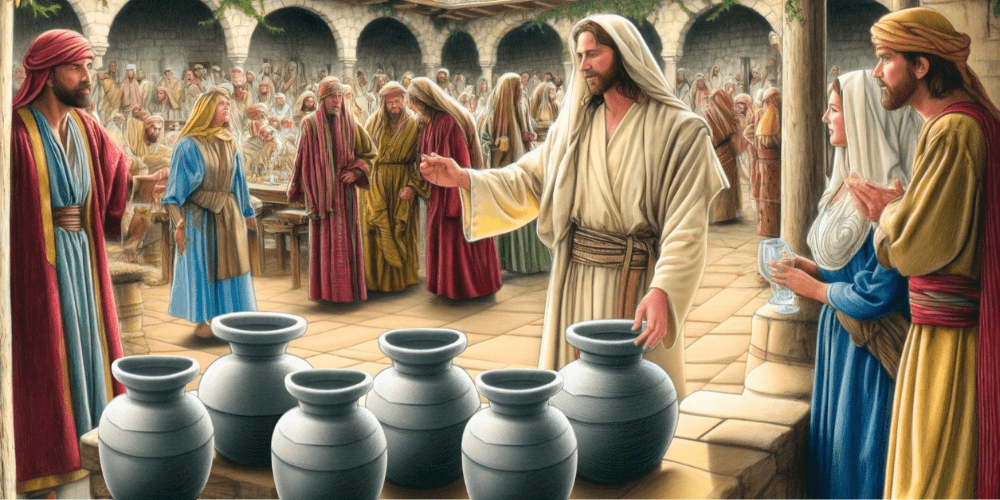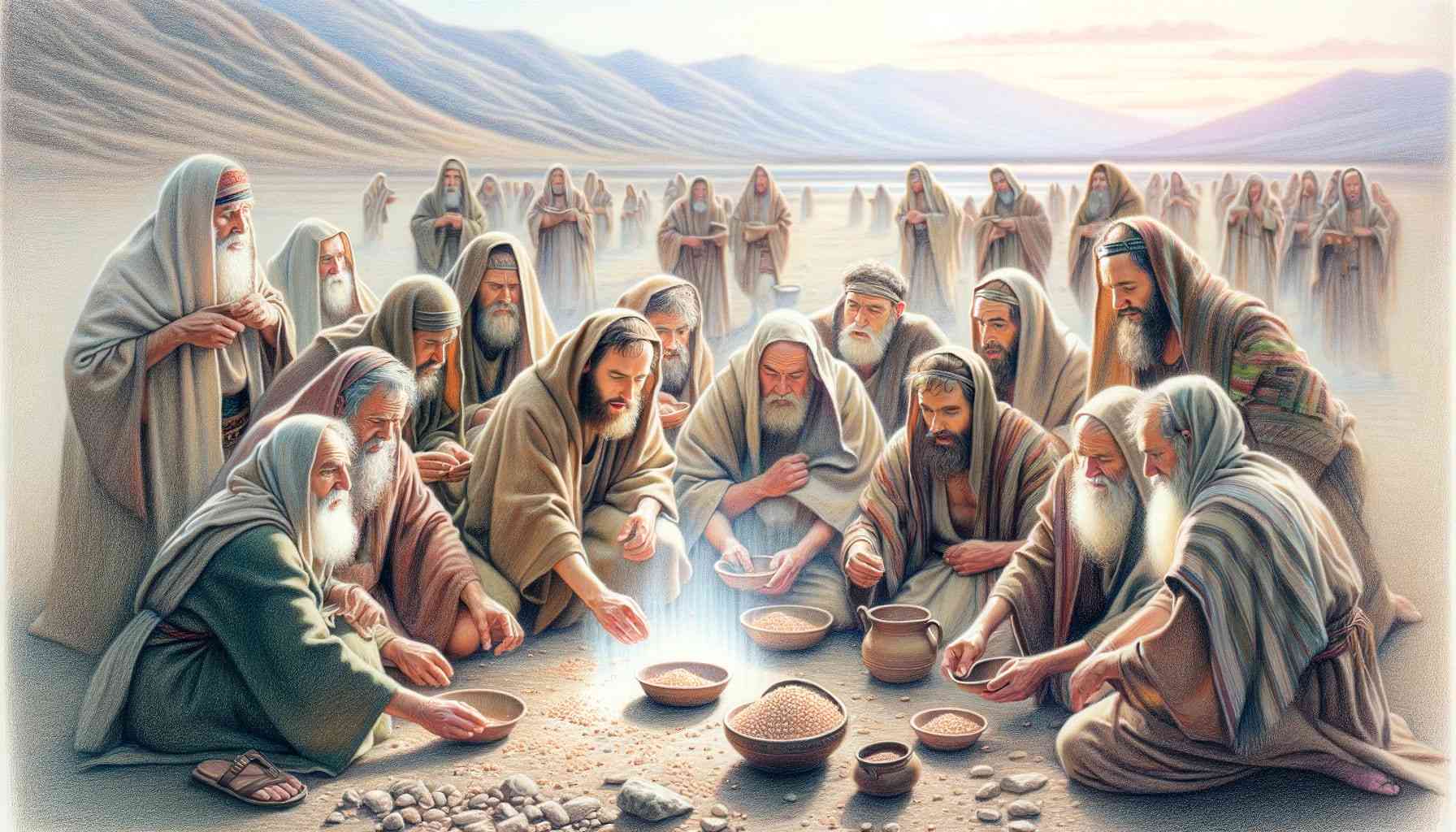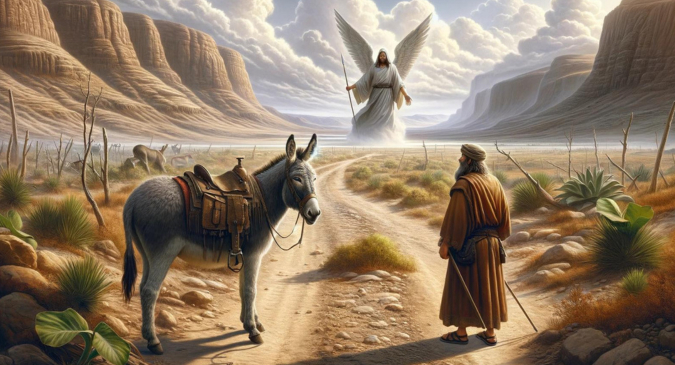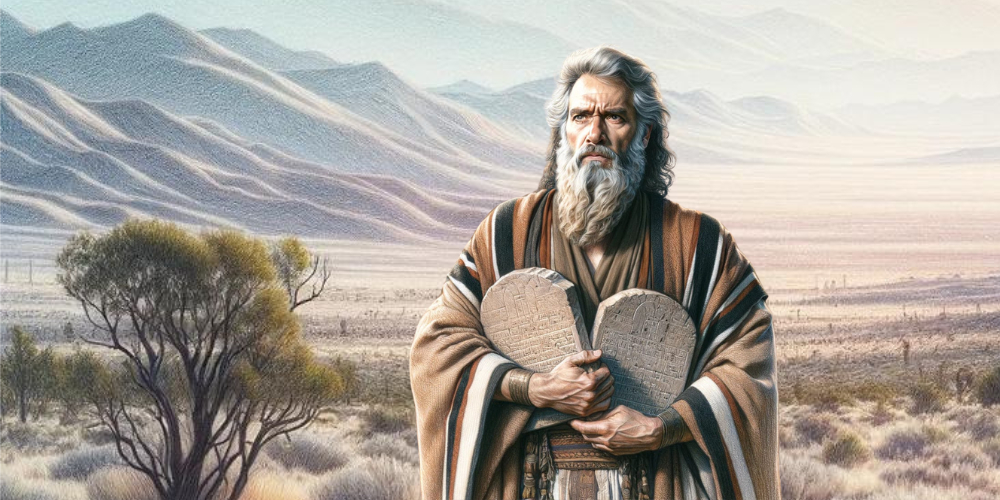In the biblical story from John 2, Jesus performs His first miracle by turning water into wine at a wedding feast in Cana, Galilee, symbolizing transformation and the inauguration of the New Covenant, with His disciples, Mary, and other guests witnessing this profound event.
The narrative of Manna from Heaven in Exodus 16, rich in biblical theology, highlights divine provision, tests of obedience and trust, emphasizes Sabbath observance, signifies a covenant relationship, points to eschatological fulfillment in Christ, and underscores the importance of community and unity among God’s people.
Jerusalem, a city steeped in millennia of history, holds profound significance for Christians as the site of Jesus’ crucifixion, resurrection, and the birthplace of the Church, embodying the fulfillment of biblical prophecy and a beacon of hope for the promised return of Christ.
The story of Balaam and the speaking donkey from the Book of Numbers explores themes of prophecy, obedience, divine sovereignty versus human free will, God’s protective care for His people, messianic predictions, and the instrumentality of creation within Christian theology.
Moses, an Israelite leader and Hebrew prophet, is renowned for his role in the Exodus, receiving the Ten Commandments, leading the Israelites through the wilderness, and his encounters with God, including the burning bush and parting the Red Sea, culminating in his view of the Promised Land from Mount Nebo.





